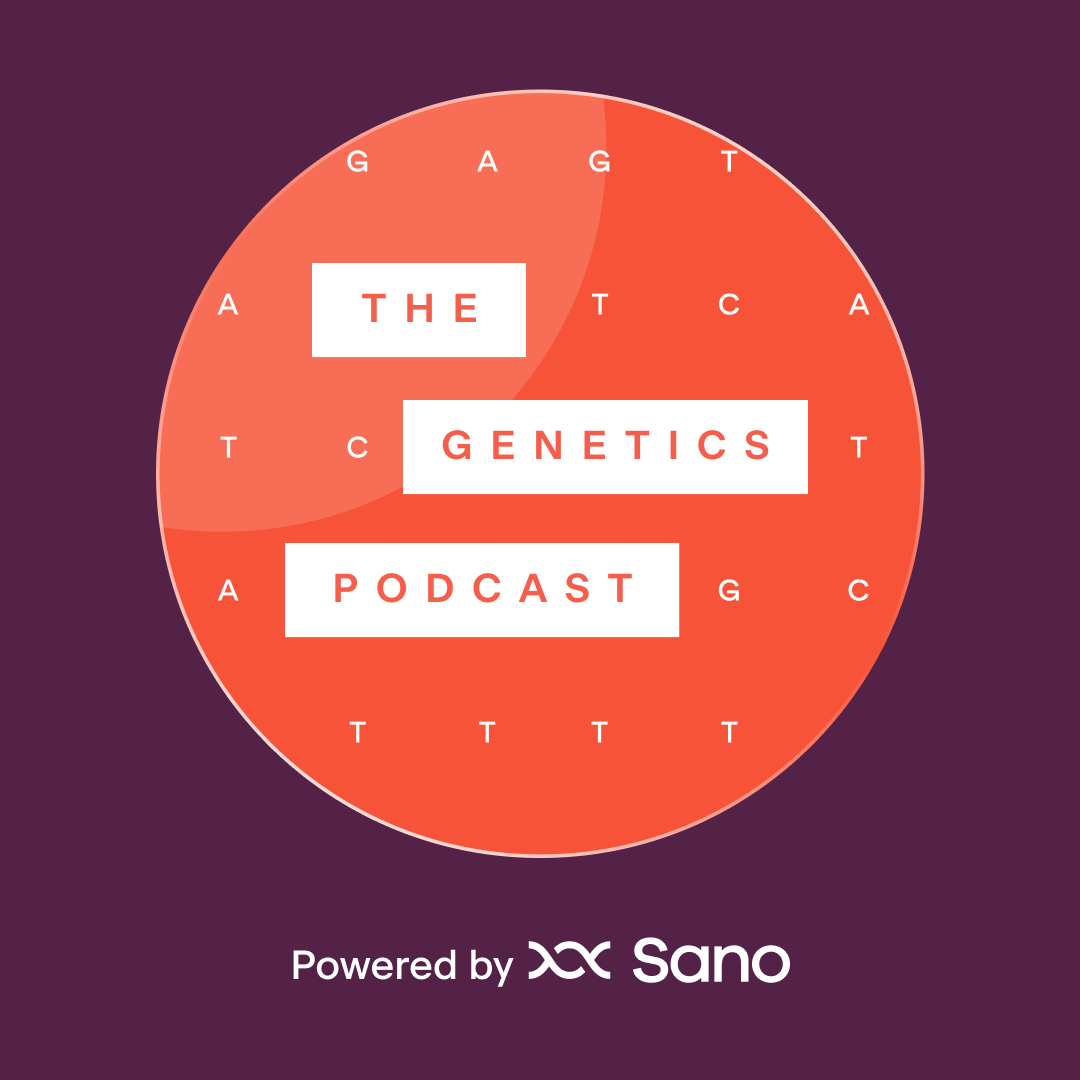
EP 121: Breakthroughs and insights in ALS research with Dr. Michael Benatar

The Genetics Podcast
Shownotes Transcript
Summary: *0:00 Introduction0:50 Reflections from the 34th International Symposium on ALS/MND in Basel*1:50 Michael’s professional journey, initial challenges he encountered, and how the field of neurology has evolved over the years 3:10 An introduction to the ALS landscape, including its presentation, the genes involved, and potential treatment options4:50 A framework for the stages of ALS, from being at risk to phenotypic conversion, and ultimately to the manifestation of disease symptoms.8:00 The ALS-FTD axis and a broader perspective on the spectrum of neurodegenerative diseases10:50 Potential genetic modifiers of ALS, including C9orf72 and SOD1, and future research11:55 A refined approach to identifying precise biomarkers for ALS15:15 The potential of phenotypic reversal in adult ALS patients undergoing ASO therapy17:50 An introduction to the global ATLAS trial and applying therapies to pre-symptomatic populations21:30 The broadening the ATLAS trial to include other genetic forms of ALS23:20 The identification of additional biomarkers for ALS that may allow for earlier diagnosis or provide more insights into ALS25:50 Holistic care for the ALS community, including patients and their loved ones30:40 The evolving picture of genetics and ALS, beyond known monogenic risk factors36:00 Michael’s 2016 publication in Neurology: Presymptomatic ALS genetic counseling and testing: Experience and recommendations)37:45 The need for legal protection from insurance policy changes given predictive biomarker results 38:30 Looking ahead 10-20 years: What will prove transformative in the next decade for ALS research and treatment?41:30 Exploration of a generalized treatment for neurodegenerative diseases and the potential to leverage a universally-protective genetic mechanism42:10 Closing remarks and gratitude for the those working to improve the lives of ALS community